State agencies in Minnesota are working together to manage the state’s growing problem of per- and polyfluoroalkyl substances (PFAS) — a group of thousands of human-made chemicals known to be toxic that do not break down in the environment, earning them the nickname "forever chemicals." The chemicals are produced, used, processed, and released into the environment, yet we haven't thoroughly studied their toxicity and danger to people's health and the environment. PFAS have been found in groundwater and surface water throughout Minnesota and have seeped into some drinking water systems.
The State of Minnesota considers PFAS hazardous substances and has developed long-term comprehensive strategies to address PFAS contamination, including a pollution prevention plan that will phase out avoidable PFAS use by 2032.
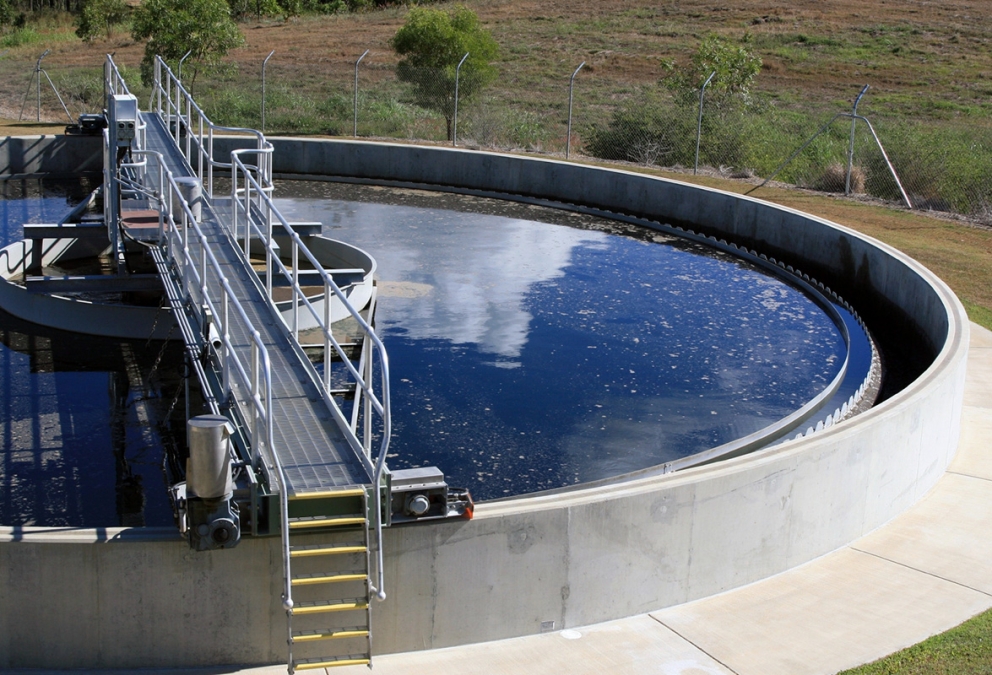
Minnesota’s PFAS plan
Minnesota’s PFAS Blueprint is a strategic, coordinated approach developed by multiple state agencies to protect families and communities from PFAS. The blueprint identifies short-, medium-, and long-term strategies for preventing, managing, and cleaning up PFAS found throughout the state. Ten priority areas center on research, new health guidance, drinking water and food protections, and tools for cleanup and prevention.

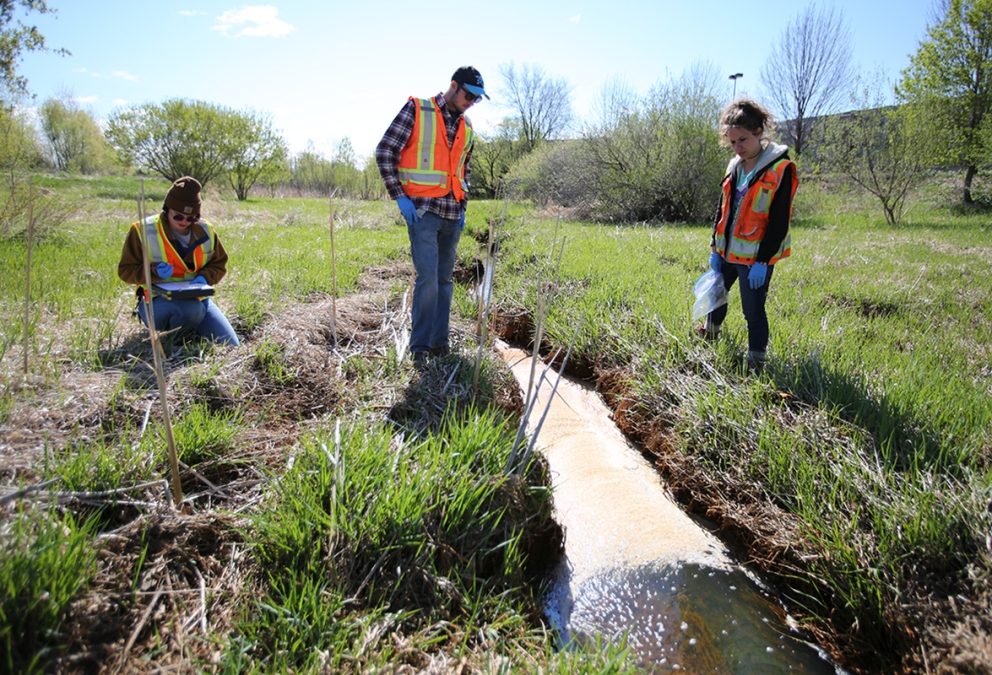
Monitoring PFAS around Minnesota
Minnesota’s PFAS monitoring plan is one of the most comprehensive approaches in the nation to understanding PFAS in our environment. It identifies strategies for monitoring at solid waste, wastewater, and stormwater facilities; hazardous waste landfills; facilities with air emissions; and other sites. The plan does not establish facility-specific requirements, but it does outline how the MPCA plans to prioritize locations and summarize what monitoring will entail.

PFAS in fish
Minnesota is a great state for fishing. Anglers benefit from thousands of beautiful lakes and rivers, a wide variety of fish, and a robust program for monitoring fish contaminants that helps people make informed choices about eating the fish they catch. Understanding contaminants found in fish is also a window into understanding broader environmental effects of pollution, including from a category of human-made chemicals called per- and polyfluoroalkyl substances, also known as PFAS or “forever chemicals.”
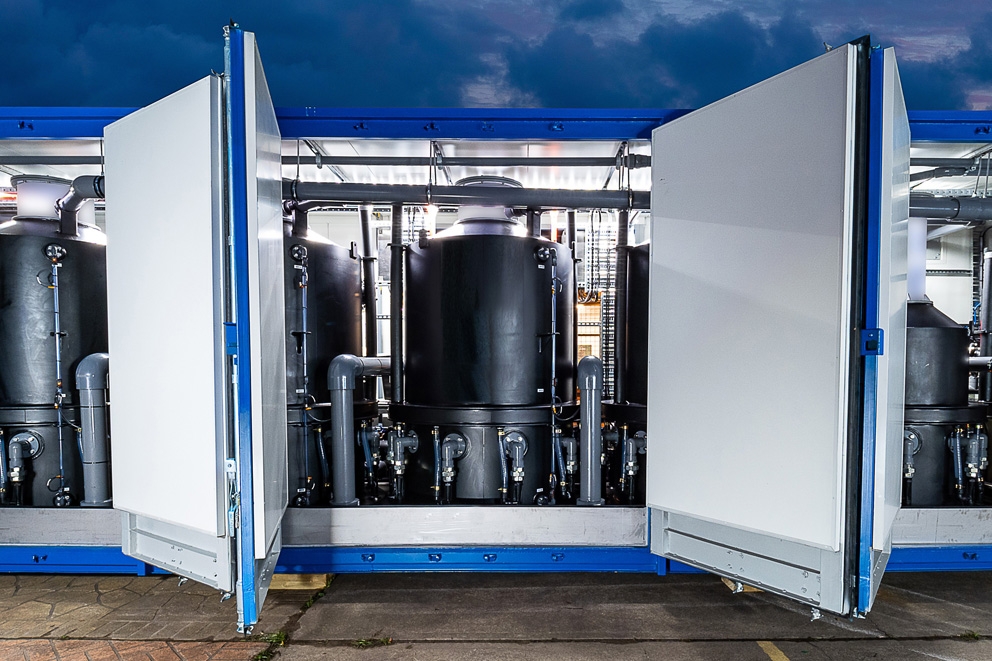
Cutting-edge technology removes PFAS from water
Funded by the 3M settlement, this state-of-the-art technology will be deployed in the East Metro as part of the ongoing work to address PFAS contamination of drinking water in the area. Minnesota is the first state government in the U.S. to use this technology to remove and destroy bulk concentrations of PFAS from contaminated water in the environment.
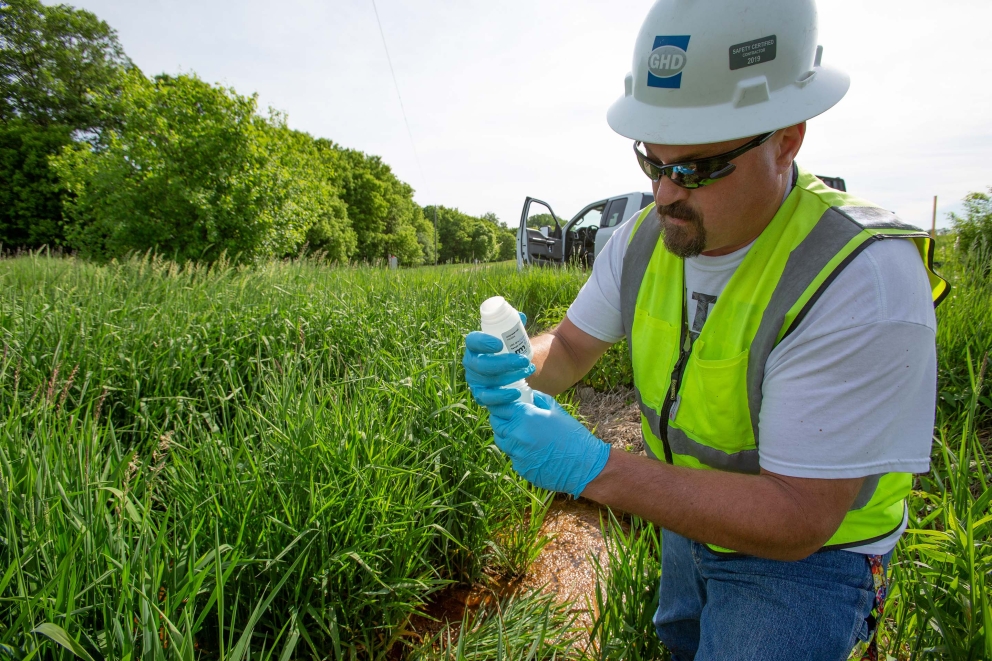
PFAS at landfill sites
MPCA is working with landfills that use spray irrigation as a method to treat and dispose of their leachate. We are not allowing any solid waste facilities to start new spray irrigation application areas unless the leachate is sampled for PFAS and the resulting levels are below one quarter of the state’s health-based values. The MPCA is also currently working with landfills on potential pre-treatment of leachate to bring PFAS concentrations down to acceptable levels.
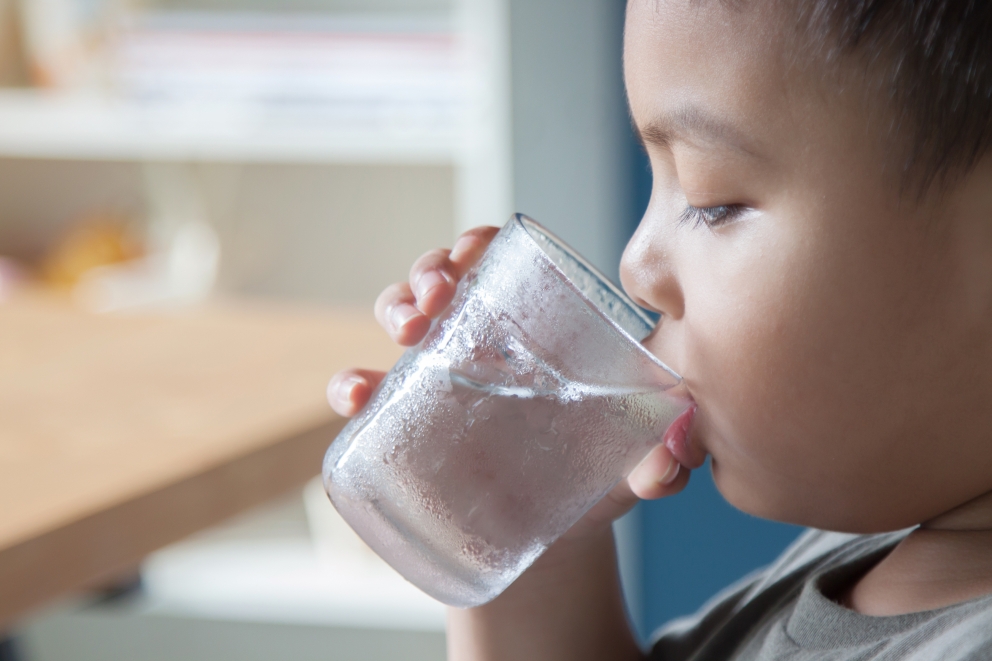
East Metro 3M PFAS settlement
With funding from a lawsuit settlement with 3M, the State of Minnesota is executing a comprehensive plan to ensure residents in the southeast Twin Cities metro area have clean and safe drinking water. The settlement stems from a 2010 lawsuit filed by Minnesota’s attorney general alleging that 3M’s production of PFAS chemicals had damaged drinking water and natural resources. The company paid $850 million to settle the case.

Learn more about PFAS
Research into PFAS is ongoing, particularly into the ways in which it enters our water sources and its potential effects on human health. This research, in turn, informs the laws and regulations needed to prevent, manage, and clean up PFAS pollution. Learn about where PFAS comes from, our monitoring efforts, its health effects, and regulations on our PFAS pollutant page.
